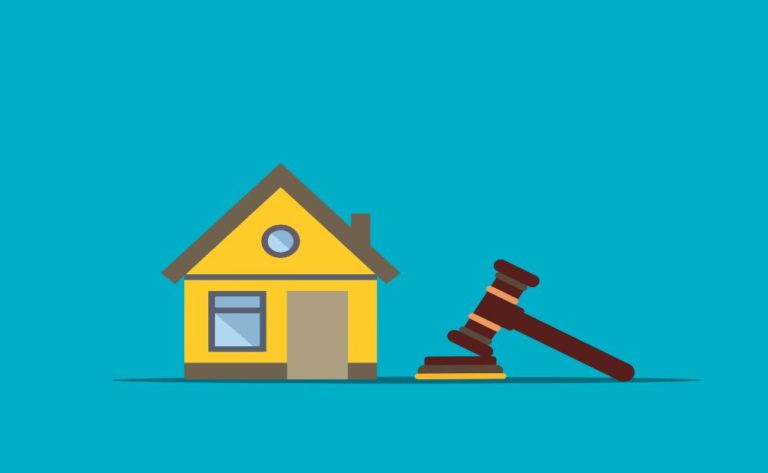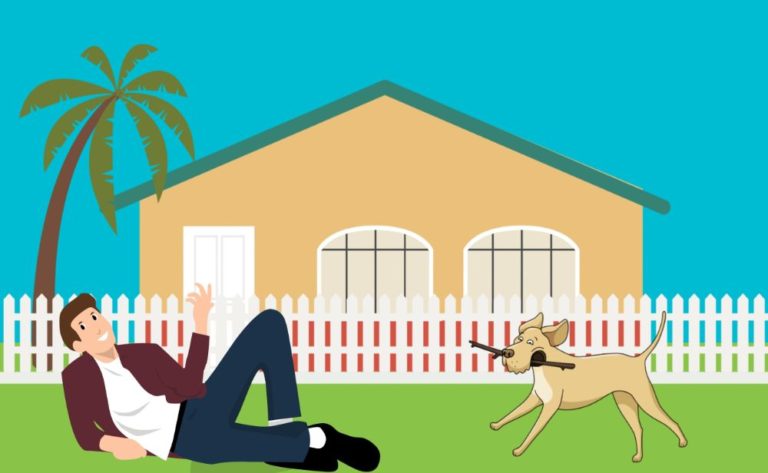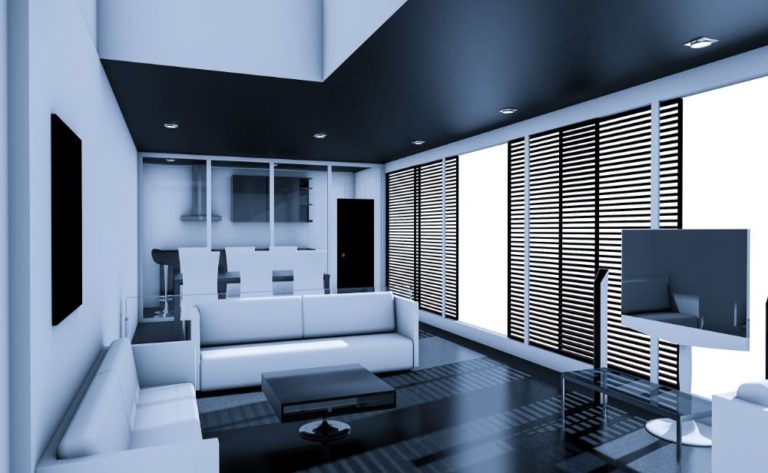How Much Does A Home Inspection Cost In Virginia?
When buying a house in Virginia, it is essential to include in the price of the home inspection into your financial planning and calculations. When intending to buy a home, many individuals fail to take into account the fees associated with the transaction, which can lead to them feeling overwhelmed when it comes time to conduct the inspection.
The price that you pay for a house inspection in Northern Virginia will change based on the calibre of the inspector that you hire as well as the kind of property and its dimensions that you intend to buy.
When buying property in Northern Virginia, you should never skip out on getting a home inspection, and your choice of inspector won’t affect how important it is to do so. Because you put in a lot of effort to save money for your property, you need to be sure that your investment is secure before you sign the purchase contract.
To get the most out of your home inspection, it is critical that you have a solid understanding of the following topics: the typical price of an examination; the components that make up an inspection; and the party that is footing the bill for the inspection.
Home Inspection Cost Table of Contents for the Commonwealth of Virginia
• How Much Does It Cost to Have Your Home Inspected in Virginia?
• Frequent Questions about Home Inspection Fees
In Virginia, how much does it cost to get a home inspected?
Many prospective purchasers are interested in knowing the answer to the same question: how much does it cost to have a home inspected in Virginia?
The following variables are going to have an effect on the pricing on average:
• The size of the property
• The experience of the inspector
• The type of home
• The location of the home
Let’s break down the average fees based on the size of the property and the type of property that is being examined for you.
The square footage of the home is going to be the most significant influence; but, single-family homes that have their own power, plumbing, and other systems that are fully independent from those of neighboring homes will also cost extra due to these other variables. It’s possible that townhomes and condominiums will cost less because there are fewer systems to inspect, but this is something that will vary from property to property.
If you are interested in purchasing a single-family home, you should prepare yourself to pay anywhere from approximately $450 to $900 for the property, depending on the size of the home. The price range of $450 to $600 is typical for homes with a square footage of less than 3,000 feet, and townhomes with roughly the same amount of space typically have home inspection charges that are comparable to one another.
Your home inspection will probably cost you somewhere between $750 and $900 if you have a larger property that is over 4,000 or 5,000 square feet in size. In Northern Virginia, it is customary to pay between $350 and $450 per month for a condo with one bedroom, and it is common to pay between $400 and $500 per month for a condo that is larger, depending on the square footage.
Home Inspection Fees and Common Questions
• What Is Included in the Price of the Home Inspection?
• In Most Cases, Who Is Responsible For Paying The Fees For Home Inspections?
• How Does the Price of a Condo Inspection Stack Up?
• Is a Home Inspection Necessary in the Commonwealth of Virginia?
What Exactly Does the Fee for the Home Inspection Cover?
In most cases, the costs associated with a home inspection will encompass a thorough investigation of the following four primary components:
1. Roofing
2. Structural/foundation
3. Plumbing
4. Electrical
The inspection will typically include cover any appliances that are included in the price as well as any other obvious safety dangers that the inspector may come across during the course of the examination.
Foundational and Structural Components
During the course of the inspection, the inspector will check the structure to verify that the house does not have any water leaks or instances where water has entered the home. Because leaks can be a significant problem that leads to a variety of other problems, this is of the utmost importance.
Condition of the Roof
The state of the roof is vital for the overall integrity of the home as well, which is why the inspector will check the condition of the roof and make sure there are no leaks.
Electrical System If electrical issues are neglected for an extended period of time, not only do they present a significant risk to public safety, but they also tend to be highly expensive to fix. In order to identify potential issues with the electrical system at an early stage, inspectors generally devote more time and attention to the process than is required.
Extra or Supplemental Systems
In spite of the fact that the aforementioned four regions are the most essential components that a house inspection should look into, the report needs to be quite comprehensive and cover a lot of ground:
• Heating and air conditioning systems
• Plumbing
• Electrical system
• Condition of roof
• Attic
• Insulation safety
• Condition of walls and ceilings
• The state of the floor
• Windows
• Doors
• Regulations governing safety
• The Foundation
• The Basement
• Any Additional Structural Components
Some prospective buyers of homes could also be interested in adding on additional speciality examinations to their general house inspection. These inspections are not required for every piece of real estate, but they are recommended in the following circumstances:
• Radon risk
• Asbestos risk
• Termite risk
• Foundation specialist
• Septic system
• Well water supply
• Foundation specialist
The cost of the inspection will go up as a result of these specialized additions, and the final total can fluctuate substantially.
Who Typically Pays For Fees Associated With Home Inspections?
The buyer is responsible for paying the fees associated with the home inspection in the vast majority of transactions. Negotiation is an integral part of the purchasing process. As part of their offer, a buyer has the option of requesting that the seller cover the cost of the house inspection; however, this is not something that is done very frequently.
How Does the Cost of Condo Inspections Stack Up?
When you are considering the purchase of a condo in Northern Virginia, you may be curious about how the expenses of a house inspection there would compare to the costs of a home inspection in other parts of the country.
The price of a condo inspection can range widely depending on a number of factors, including the structure of the building, the size of the unit being inspected, its layout, and its amenities. In addition, you will need to determine if you want to carry out a comprehensive condo inspection or merely an internal check of the unit.
The cost of an interior examination for a condo that is 1,000 square feet could range anywhere from $300 to $350. The price of a condo will be higher if it has a connected garage or attic space. Gain in touch with a local inspector to get a clearer picture of the requirements that will be imposed on you.
Is a Home Inspection Necessary in the Commonwealth of Virginia?
Even though a home inspection is not often required for a buyer who is getting a mortgage, it is nevertheless a good idea to get one whenever you are purchasing a new property. This will ensure that you are aware of any potential problems that may arise with the new home.
Inspections will help you save money in the long run.
Even though the fees associated with the house inspection will be deducted from your initial deposit, you can anticipate making financial gains in the long run by investing in this service. It is possible that inspections will assist you in locating problem areas, allowing you to persuade the sellers to address those concerns before you buy the home, or it is possible that you will be able to negotiate a better price on the house of your dreams as a result of the inspection.






